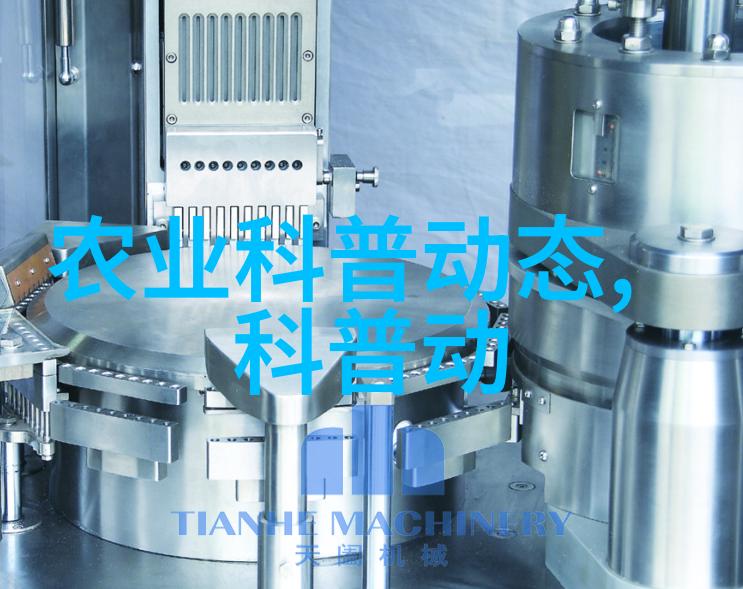您现在的位置是: 首页 - 科普动态 - 农业种植知识大全耕地技术作物育种农药使用安全土壤改良方法水资源管理 科普动态
农业种植知识大全耕地技术作物育种农药使用安全土壤改良方法水资源管理
2025-05-06 【科普动态】 0人已围观
简介Agriculture Planting Knowledge Encyclopedia What is the Importance of Agricultural Planting Knowledge? Agricultural planting knowledge refers to a comprehensive understanding of all aspects related
Agriculture Planting Knowledge Encyclopedia

What is the Importance of Agricultural Planting Knowledge?
Agricultural planting knowledge refers to a comprehensive understanding of all aspects related to growing crops and raising livestock. It encompasses various disciplines such as botany, zoology, ecology, soil science, entomology, plant pathology and many more. This vast field of study helps farmers understand how to cultivate their land in an efficient manner that not only maximizes production but also ensures the sustainability of the environment.

How Does Soil Preparation Impact Crop Yield?
Soil preparation is a critical aspect of agricultural planting knowledge. The quality and fertility of soil play a significant role in determining crop yield. Farmers need to understand how different types of soil react to various farming practices such as tilling, manuring and fertilization. By understanding these factors, they can optimize their techniques for better results.

For instance, some soils may require additional nutrients which can be provided through organic or chemical fertilizers while others may need proper drainage systems to prevent waterlogging which could damage crops. Additionally, farmers should also consider rotating crops as this practice enhances soil fertility by reducing pest populations and improving nutrient cycling.
What Role Do Pest Management Techniques Play in Sustainable Agriculture?

Pest management techniques are essential components of agricultural planting knowledge that help ensure sustainable agriculture practices. These include biological control methods like introducing natural predators or parasites that feed on pests thereby keeping their population under check.
Another approach is integrated pest management (IPM) which involves combining multiple tactics like cultural controls (e.g., adjusting crop rotation), resistant varieties (cultivars bred with resistance against specific pests), biological control agents (such as ladybugs), physical barriers (like row covers) along with judicious use pesticides when necessary.

By adopting these strategies farmers can reduce pesticide usage thus protecting both human health and environmental well-being while maintaining high-quality produce at affordable prices for consumers worldwide!
Can We Discuss Irrigation Techniques Used In Modern Farming?
Irrigation plays an integral part in modern farming especially during periods when rainfall falls short or seasonal fluctuations occur affecting crop growth patterns significantly! Understanding irrigation techniques forms an important chapter within our "agricultural planting knowledge" encyclopedia too!
There are several approaches available - sprinkler systems where water droplets fall from nozzles onto fields; drip irrigation wherein tiny drops directly reach roots avoiding evaporation losses; micro-irrigation involving small-scale networks distributing water amongst plants etcetera!
Each method has its own set up costs installation requirements maintenance needs & efficiency levels depending upon factors including climate local topography terrain type vegetation density amount & distribution pattern surrounding weather conditions availability resources budgetary constraints preferences among others...
Farmers must carefully select appropriate technique(s) based on individual circumstances ensuring optimal use resource conservation minimized waste reduction overall productivity increase cost-effectiveness improvement – it's all about finding balance between supply demand efficiency functionality safety resilience adaptability so we don't compromise future generations' chances at thriving lives either!






